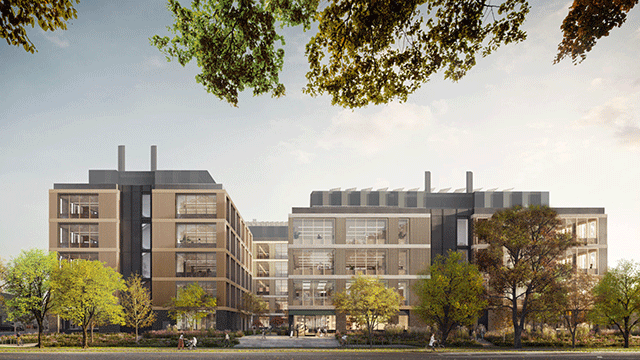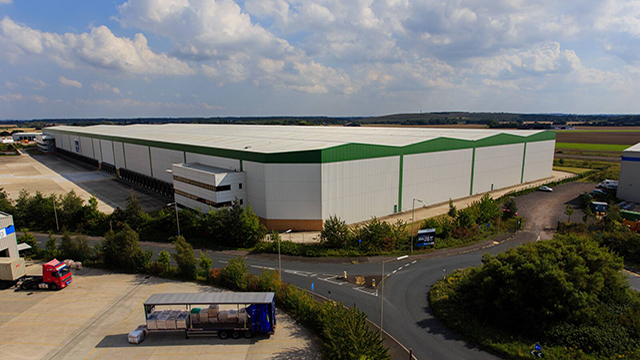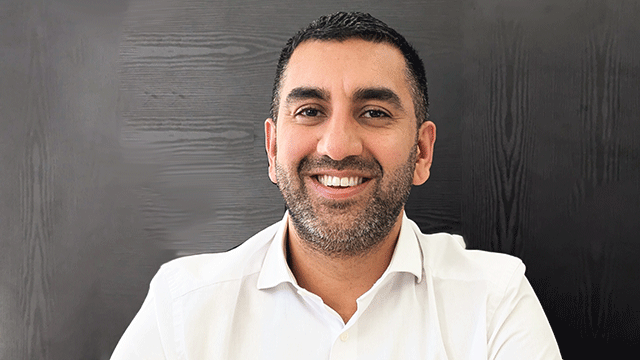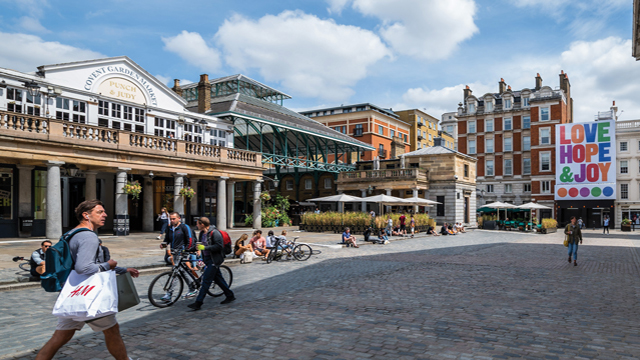ING has been tasked with finding around €250m to invest in European retail schemes completed by Belgian family-held developer Wilhelm & Co, which had, says founder and chief executive Peter Wilhelm, also considered listing.
“We want to create a fund which we can give first refusal on our schemes to,” says Wilhelm, adding that the fund could also acquire assets for redevelopment. “We are working with ING to raise up to €250m and open up to institutional money.”
For now, listing Wilhelm is not an option. But in the long-term, Wilhelm may consider going public. “Listing would be a quick way of raising money, but for now we will raise it from institutional investors,” he says.
The company, which was formed in 1988 after expanding into large, mixed-use schemes anchored by retail, has recently received interest from private equity players. “We have been approached, but these offers just weren’t for us,” says UK-born Wilhelm, an advisory board member of the International Council of Shopping Centres (ICSC). “We are more institutional than opportunistic.
“Dealing with opportunistic equity players is of no interest to us but we would not systematically close the door to private equity if it is in line with our core-plus strategy.”
Focus on retail
Retail projects, often with a residential element, has been Wilhelm’s main focus. In the mid 1990s, the company recruited former Unibail director Jean-Michel Despaux as head of property development and chief operating officer. Despaux, says Wilhelm, was brought in for his knowledge of retail projects, in particular his participation in the construction of malls such as St Quentin in France and La Maquinista in Spain.
Wilhelm’s first major scheme was in the new town of Louvain-la-Neuve. The 300,000 m2 mixed-use Esplanade scheme, completed in 2005, involved the remodelling of a university campus into a city centre.
“No Belgian banks would back us,” says Wilhelm. “We were financed with €260m from Aareal Bank [then DePfa] and added equity to that ourselves.”
In 2005, Wilhelm, which has 60 staff, sold the retail segment of the scheme upon completion for €157m to French property company Klépierre. Residential assets were sold off individually, but Wilhelm retained the management of parking through one of its own subsidiaries. “We kept ownership of all of the city centre parking. It’s good, long-term revenue,” says Wilhelm. “We haven’t broken even yet, but it’s coming. Hopefully by 2012 we will break even.”
In Belgium’s third-largest city, Liège, Wilhelm’s Médiacité, on a town centre brownfield site, replaced the outdated Longdoz shopping centre. With the backing of the city’s planning authorities, Wilhelm doubled the size of the mall and, more importantly, rebranded it to incorporate the media into the mall and into the brand.
“Belgian state broadcaster RTBF was looking for a home for its entertainment shows and we really needed them as anchor tenants,” says Wilhelm. “We saw that the media industry in Liège was growing and looking to change its image.”
The 18,000 m2 scheme, worth around €270m, is now served by a new train station, designed by Spanish architect Santiago Calatrava. “The station helped enormously, and retail can also change the image of an area. People no longer talk about ‘Longdoz’. The residential element can then benefit from that,” says Wilhelm.
The company has added Primark to the MédiaCité scheme, where the retailer will make its Belgian debut. “If you want to convince new brands to come, it’s easier when you’re offering a large dominant centre,” says Wilhelm. “We cannot keep MédiaCité forever, but it’s a great asset.”
Opportunities like the Liège project, which opened last year, may not come along so often in the future.
“City centres will be tougher to develop,” says Wilhelm. “Just dumping a shopping centre in the middle of town does not work. That means you need to incorporate mixed-use.”
The company is pushing ahead with its plans for a retail mall in Portugal, despite the downturn in the country’s economy. Completion is set for 2014, with development due to start next year.
Updating plans for Obidos
The Obidos scheme, near Lisbon, is being revised by the company. “We know that, for the moment, Portugal is suffering more from recession than other countries,” says Wilhelm. “We have a building permit, but we are modifying our plans to include more leisure and less retail.” The 60,000 m2 scheme will include 40,000 m2 of retail.
In France, the company will next year start developing a 70,000 m2 scheme. near Valence, that will offer 40,000 m2 of retail.
The company may enter Morocco and even Serbia. “Across the eurozone, there are a lot of prime retail assets in need of refurbishment, so that may also be something we consider doing more of.”
In Belgium, work on Wilhelm’s next scheme, a 150,000 m2 residential/retail project in La Louvière, will begin next summer.
www.wilhelmandco.be










